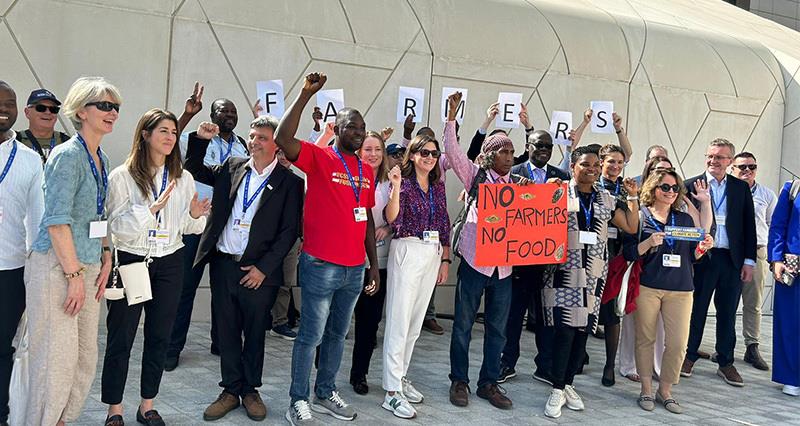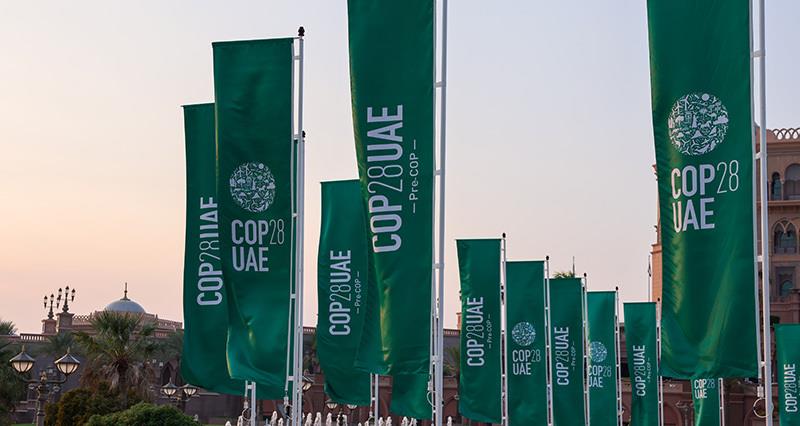The Bonn Climate Conference takes place every June and provides an opportunity to take the temperature of the climate negotiations before the much more heated atmosphere of the UN climate summit towards the end of each year.
Even though, globally, 2023 was the warmest year in a series stretching back to 1850, overall progress at the Bonn talks was slow and the UNFCCC Executive Secretary urged governments ‘not to leave the hardest work in the last eleventh hour’.
Progress on negotiations
After a stalemate over the past 18 months (COP28: Farmers COP raw deal as agriculture negotiations fail) there was progress on negotiations under the SSJW (Sharm el Sheikh joint work on agriculture and food security).
Agreement was reached on the production of an online portal to share information, an annual report and on two workshops:
- Systemic and holistic approaches to implementation of climate action on agriculture, food systems and food security, understanding, cooperation and integration into plans.
- Progress, challenges and opportunities related to identifying needs for finance, capacity building and technology transfer including sharing of best practices.
The Farmers’ Constituency was very pleased to see that our request for governments to report on how they’ve used the outputs from the previous round of negotiations was successful.
NFU takes the floor
The NFU took the floor at the first annual GST (Global Stocktake) roundtable which aimed to facilitate the sharing of knowledge and good practice on how the GST outcomes are informing the preparation of the next round of government climate plans – NDCs (nationally determined contributions).
We said that even though the stocktake fell short of recognising the key role that farmers can play, we wanted to see farmers in every country having the opportunity to participate in the development and implementation of NDCs.
We will be picking up with the new government as the UK’s NDC must be submitted to the UN by February 2025.
The NFU was in the room when the COP29 presidency announced its ‘Harmonia 4 Climate Resilience’ initiative. Its priorities include:
- making investments in agri-food systems more attractive to both private and public sectors.
- supporting the development of climate-resilient rural communities.
- strengthening the role of farmers in adaptation action in the food, agriculture and water sectors.
In the run-up to COP29 in November, the NFU will be working with other farmer organisations from across the world to continue to ensure that farmers’ voices are heard in this process.



